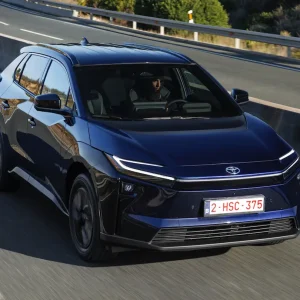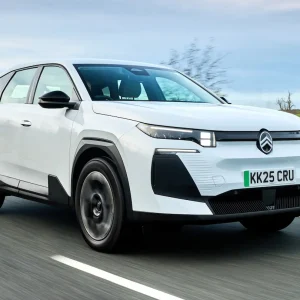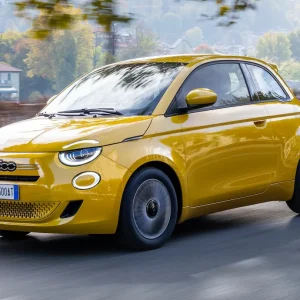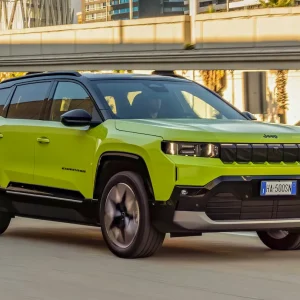Vauxhall’s new engine development has reached the Astra, having already taken in the Meriva and Zafira Tourer. Available in 110hp or the 136hp driven here, the 1.6-litre diesel is offered in hatchback, Sports Tourer and, recently added and only in 136hp form, the three-door Astra GTC model.
CO2 is 97g/km for the 110hp model, making it the most efficient Astra on offer, or 104g/km for the more powerful variant, which puts it below most rivals. Of models with equivalent power, only the 99g/km Honda Civic and the 85g/km Toyota Auris hybrid beat it, although Ford, Peugeot, Renault, Seat, Skoda and VW are among the brands that can offer a lower-emission estate model than the Astra’s 97g/km best.
But it’s refinement rather than efficiency that Vauxhall has been touting as the key development of the new engine, and it is much quieter, and puts Vauxhall much nearer the class best.
The firm also claims it’s spent more than ?50m (£39.5m) on developing its gearboxes, and there is a noticeable improvement in the slickness of the shift on the six-speed manual that’s mated to the new engine.
The downside comes in that the Astra is outclassed by newer rivals for driving experience, looks and, in particular, cabin quality and infotainment – the controls are overly complicated and not as user-friendly.
But the Astra still has one trump card to play in its well-executed Tech Line spec, that adds all the extra kit fleet drivers would desire at this level of car, such as satnav, DAB radio and Bluetooth, at a lower P11D price than rivals. The Astra Sports Tourer, driven here, also undercuts all of its key rivals, and although its RV is below all bar the Focus Estate, it does at least break 30%. The lower price combined with decent economy means a cost per mile figure only Seat’s Leon and the Skoda Octavia can beat.
The Astra might not be the most appealing car in the segment, but the more refined diesel means it’s never made more sense for fleets.





